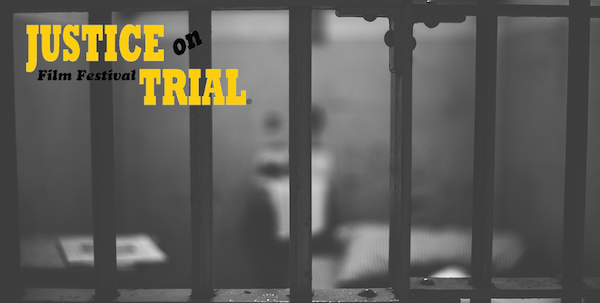
For several years, Loyola Marymount University has hosted the Justice On Trial Film Festival in partnership with A New Way of Life Re-Entry Project. This year’s lineup, highlighting people impacted by the justice system, was presented entirely online as part of the 2020-21 Bellarmine Forum focused on transformative justice. But, more than that, the films and panels brought LMU students and faculty together with community members to reflect on and discuss issues focused on race, privilege, discrimination, and abuse of power. This felt especially poignant after a summer of historic protests against systemic racism and police brutality.
In the midst of people marching for change and shouting for justice, the Justice On Trial Film Festival illuminated specific issues, digging deep to explore the nuances and many-layered effects of criminal justice policy that otherwise might be lost in a national discussion. Across five nights, the Festival presented films examining the unique challenges faced by Black girls and women in schools and prisons (“Pushout” and “Belly of the Beast”); the people impacted by the Three Strikes Law (“The Third Strike”); the intersection of art with race and justice (“Aggie”); and the perseverance of death row exonerees (“The Gathering”).
Before each feature presentation, short films from the series “Hidden Lives Illuminated” were shown. These shorts are written, narrated, and animated by artists incarcerated in Pennsylvania correctional institutions and offer a deeply personal glimpse inside America’s criminal justice system. Before the screening of “The Third Strike” on Saturday, Sep. 19, two animated short films were shown: “Freedom,” by David G., and “Dear Time,” by Brian H. Each piece draws on the thoughts and history of its creator to present its own twist on what it means to spend years in prison.
After each feature presentation, a panel discussion was held with moderators, filmmakers, policy makers and activists. These panels elaborated on the issues introduced in the films, and were especially helpful in making connections between the art and the root causes of social injustice. To highlight just one of the powerful panels, following “The Third Strike,” the film’s director, Nicole Jones, was joined by MiAngel Cody and Bella BAHHS (Black Ancestors Here Healing Society), two of the women around which the documentary is framed. Cody founded the Decarceration Collective with the mission of providing “the best lawyers money can’t buy” to people incarcerated in federal prison due to the Three Strikes Law. And Bella BAHHS is a revolutionary millennial artist and activist who works with Cody, and also founded the Sister Survivor Network. These three women talked about continuing the work chronicled in “The Third Strike,” and action that is needed to change the unjust system from which they help people escape.
Each year, the Justice On Trial Film Festival calls attention to the injustices that are often ignored in our country by building on the work of activists and advocates across the country; highlighting key areas where change is needed; and unpacking complex problems. This year, however, the Festival really helped participants to channel the momentum of our current moment by providing context and a guide for the work that needs to be done in order to achieve the meaningful change we are calling for.



